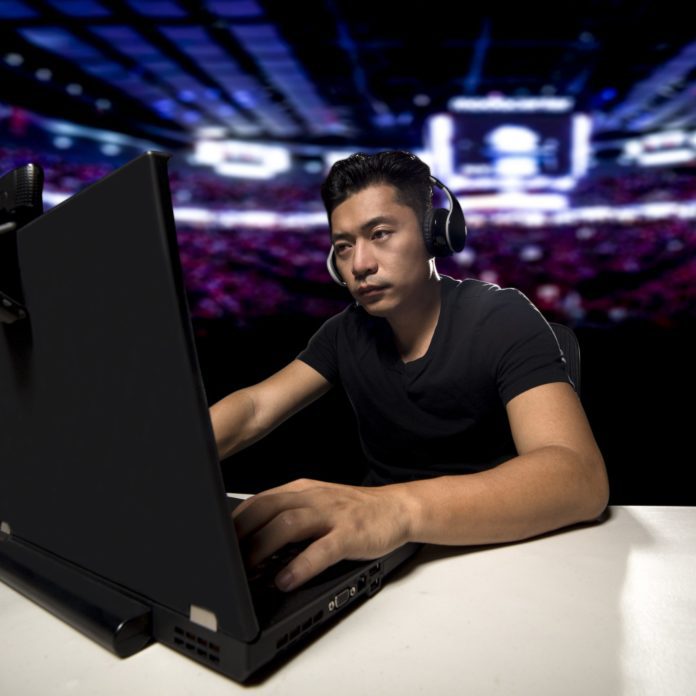For the first time, Verizon gave the keynote address at E3, one of the biggest gaming expos in the world
Advanced technologies like 5G and Mobile Edge Computing (MEC) are making it possible to take graphic-heavy AAA games and online multiplayer games on the go, transforming the way gamers play and the video game industry at large. As a result, the worlds of telecommunications and gaming are merging, now more than ever.
To see evidence of this fact requires you to look no further than Verizon’s first-ever keynote address at this year’s E3 Expo, delivered by the company’s Chief Marketing Officer Diego Scotti and Chief Product Development Officer Nicki Palmer.
The keynote unveiled 5G and real-time MEC advancements and partnerships to accelerate possibilities for everyone in the gaming ecosystem from developers to players to esports fans. Verizon also announced a number of initiatives and investments aimed at improving representation in gaming, including a $1M scholarship for female students at Historically Black Colleges and Universities (HBCUs) called the Verizon Game Forward Scholarship.
According to Verizon’s Director of its 5G Labs and Innovation Centers Christian Guirnalda, the gaming industry differs from some of the others that have historically benefitted from telecommunications technology, namely in that it has an incredibly strong and pervasive culture.
“Developers are building communities [with their games],” he told RCR Wireless News. “And you can’t ignore that esports is emerging as a new form of culture, as well, and creating places for live experiences to come to life.”
He said that Verizon’s partnership with EA is an example of Verizon’s commitment to expanding that culture. The collaboration will allow EA developers to explore solutions that will create the most dynamic player experiences in EA SPORTS Madden NFL Mobile using Verizon’s 5G network and its 5G labs to test and optimize gameplay and establish new gaming standards.
“We are thinking about Verizon’s networks as enablers for developers and publishers to create,” explained Guirnalda.
Other partnerships announced at the expo include the carrier’s relationship with Team Liquid, a multi-regional professional esports organization based in the Netherlands. The pair are rethinking fan engagement, making it a more immersive experience with virtual reality innovations.
Previously, Verizon expanded its involvement with Riot Games, another esports organization, in March. Riot Games, which developed the multiplayer battler arena gamee League of Legends, selected Verizon as its official 5G network service partner. Prior to this partnership, the carrier teamed up with esports organization Dignitas to launch the nation’s first 5G esports training facility, the Verizon 5G Gaming Center in Verizon’s 5G Lab in Los Angeles.
For Guirnalda, it is relationships like these that sets Verizon’s approach to 5G gaming apart. The carrier, he said, isn’t simply building out the infrastructure to enable change; it’s also getting involved in the creative and engineering process by working with developers like Unity or Niantic — responsible for the Pokémon GO mobile game — to optimize and transform their platforms so that they can take advantage of Verizon’s 5G and MEC networks.
“We’re not just saying, ‘hey, the network’s here now.’ We’re saying, ‘let’s collaborate.’ We want them to come to the lab where we’ll figure out how to take components of their platform and optimize it and even think about new features,” he said.
“This past year changed everything, including gaming,” Verizon’s CMO Diego Scotti said in the keynote address. “We estimate that five out six people in the U.S. have played a game at some point in the past six months. This growth has propelled the gaming industry towards massive new creative opportunities and cutting-edge ideas. Gamers know, better than anyone, that cutting-edge ideas demand new technologies that can keep up.”

